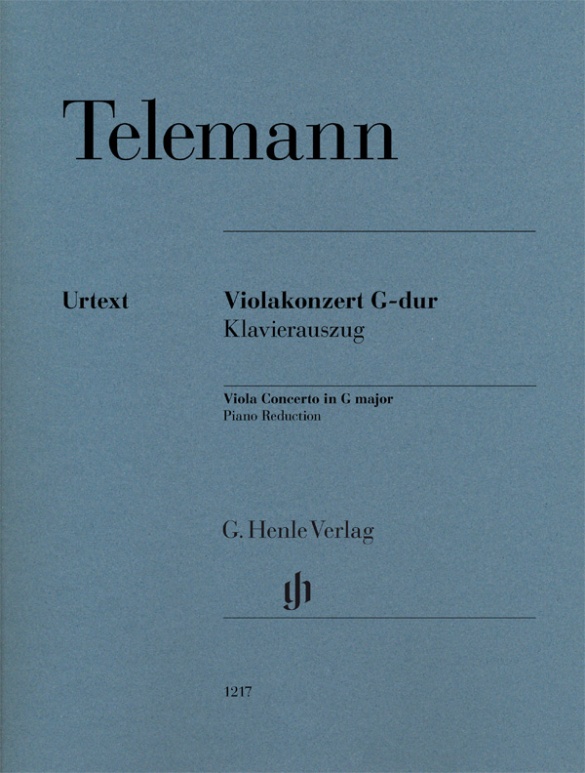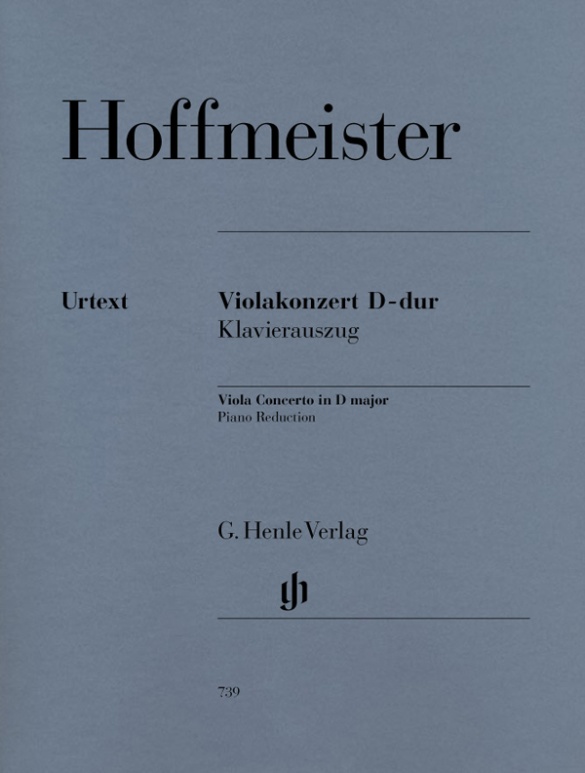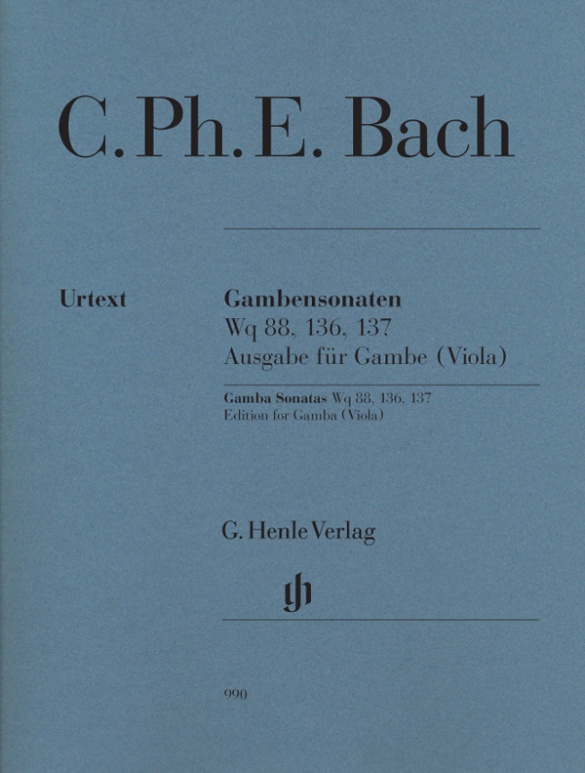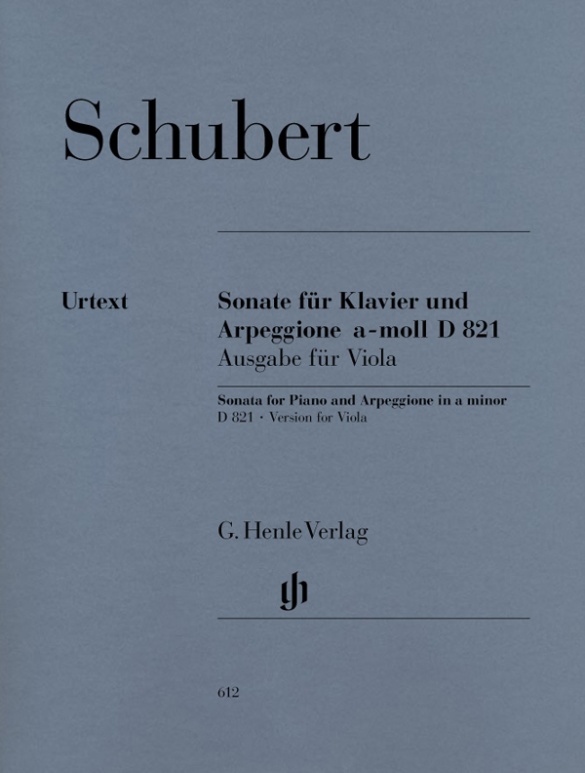Georg Philipp Telemann
Viola Concerto G major
>
内容/詳細
作曲家について
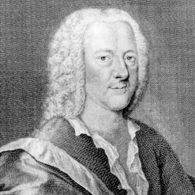
Georg Philipp Telemann
One of the leading German composers of his day, particularly as regards his German-language operas as well. Also from his pen came an extremely large number of liturgical works (especially cantatas), which came about within the context of his appointments and the compositional duties associated with them.
| 1681 | Born in Magdeburg on March 14. |
| 1701–05 | He studies law in Leipzig, but is active as a singer, librettist, and composer at the opera, and after 1702, also as its music director. He writes music for the St. Thomas Church and St. Nicholas Church. Founds a student Collegium Musicum. |
| 1704 | Organist and music director at the New Church. |
| 1705–08 | Court musical director in Sorau. |
| 1708–12 | Music director in Eisenach; composition of liturgical cantatas, masses, as well as other sacred and secular vocal works, instrumental concerti, and sonatas. |
| 1712–21 | City music director of Frankfurt am Main; composition of liturgical music and music director at the Church of the Discalced and the St. Catherine Church; reestablishment of the Collegium Musicum of the Frauenstein Society and thus the beginning of regular concert life in Frankfurt am Main. |
| 1716 | Premiere in Frankfurt of his Brockes Passion. |
| 1721 | Premiere in Hamburg of the opera “Der geduldige Socrates.” He becomes cantor at the Johanneum Latin school and music director of the city of Hamburg. The five main churches of Hamburg were thus under his musical direction. Composition of church cantatas, secular cantatas, “Captain’s Music,” instrumental music; establishment of a Collegium Musicum. |
| 1722 | He assumes the musical directorship of the Oper am Gänsemarkt (until 1738) and composes a large number of theatrical works for Hamburg. |
| 1725 | Premiere of the intermezzo “Die ungleiche Heirath oder das herrsch-süchtige Cammer-Mädgen” (‘Pimpinone’), which is still his most well-known work for the stage. |
| 1728 | Premiere of “Die Last-tragende Liebe oder Emma und Eginhard,” the most important of his surviving Hamburg operas. |
| after 1755 | Composition of vocal works in collaboration with various poets. |
| 1767 | Death in Hamburg on June 25. |
製品安全に関する情報

G. Henle Verlag
製品の製造元に関する情報はこちらでご覧いただけます。G. Henle Verlag
Forstenrieder Allee 122
81476 München
info@henle.de
www.henle.com
おすすめ
autogenerated_cross_selling
このタイトルを含む他の版
このタイトルを含む他の版


